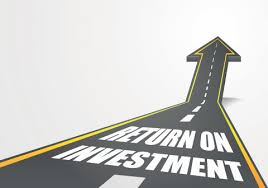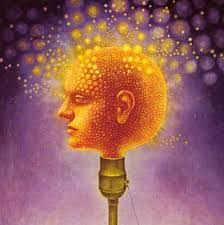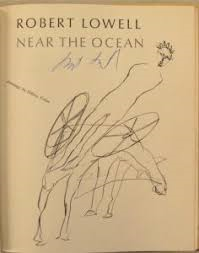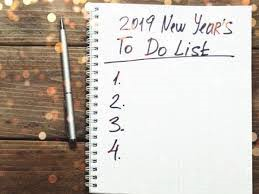When I “decided” to get rich, I didn’t know the first thing about creating wealth. 
I was an editor. I wanted to be a novelist. I’d never taken a course in finance or economics. Plus, I was broke.
But I had a great advantage. I was working for a human wealth machine – a man who, at 43, had already created three hugely profitable businesses. He adopted me as a surrogate nephew and taught me everything he knew about making money. Eventually, he made me his partner.
I retired about 7 years later with a net worth well in excess of $10 million.
Eighteen months later, I gave up on retirement and went to work as a “growth” consultant for a publisher I much admired. By combining the marketing know-how I’d learned from my previous partner with this man’s ideas and generosity of intellect, I was able, about 10 years later, to retire again, my wealth having multiplied many times over.
In this, my second retirement, I focused on two long-put-aside lifetime goals: to write and to teach. I was able to do both at the same time by starting a blog called Early to Rise. In the ensuing 10 or 11 years, I wrote and published more than a dozen books and thousands of essays, “teaching” my readers what I knew about entrepreneurship, marketing, business management, and wealth building.
And even though it was no longer a priority, my net worth continued to grow.
At 60, I meant to retire again. But I got talked into going to work for someone who worked for someone who worked for me. (Don’t ask.) As co-founder of Palm Beach Research Group, I still write about wealth building. But I’m older now and have more experience.
I’d like to think that my observations and advice are somehow better now. At the very least, I’ve been able to go wider and deeper in terms of thinking about wealth, how it’s created, how it’s invested, and how it’s lost.
Why am I telling you all this?
Maybe because I’d like you to think that when it comes to the subject of building wealth, I have some insights that might be useful to you.
For example, I’ve come to believe that many commonly accepted “facts” about wealth building are, in fact, fallacies.
Take these examples: READ MORE




